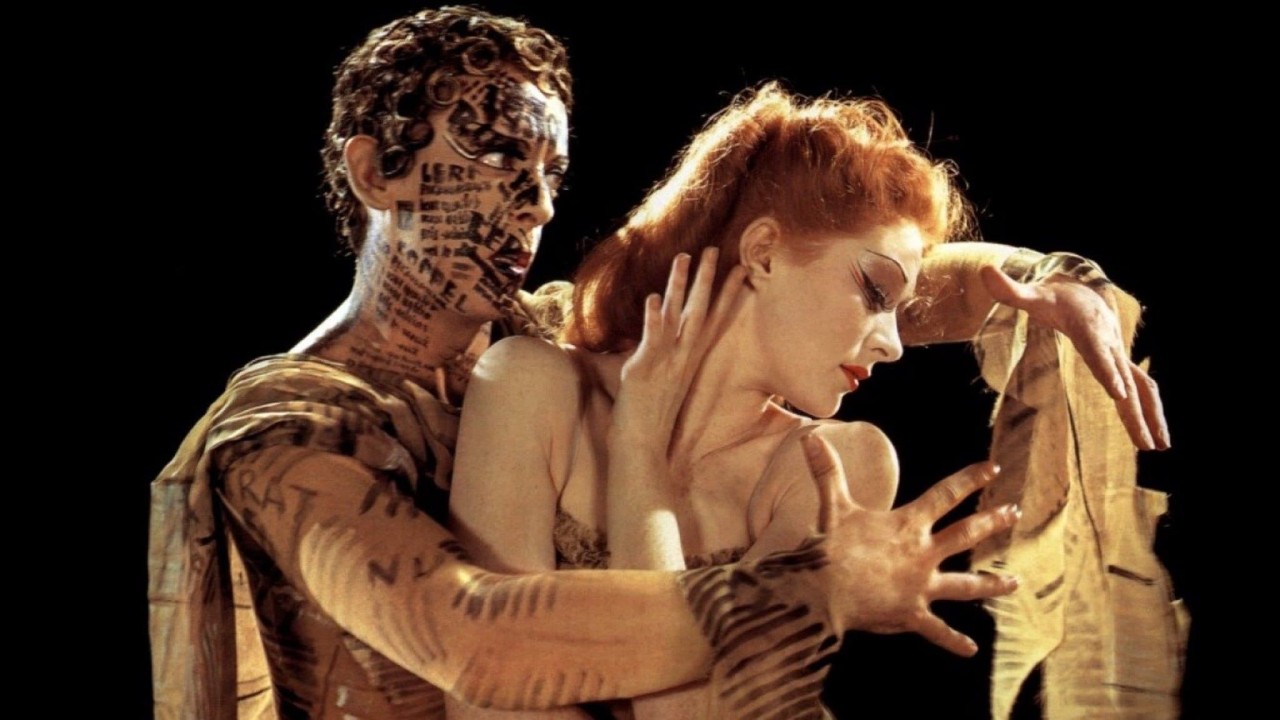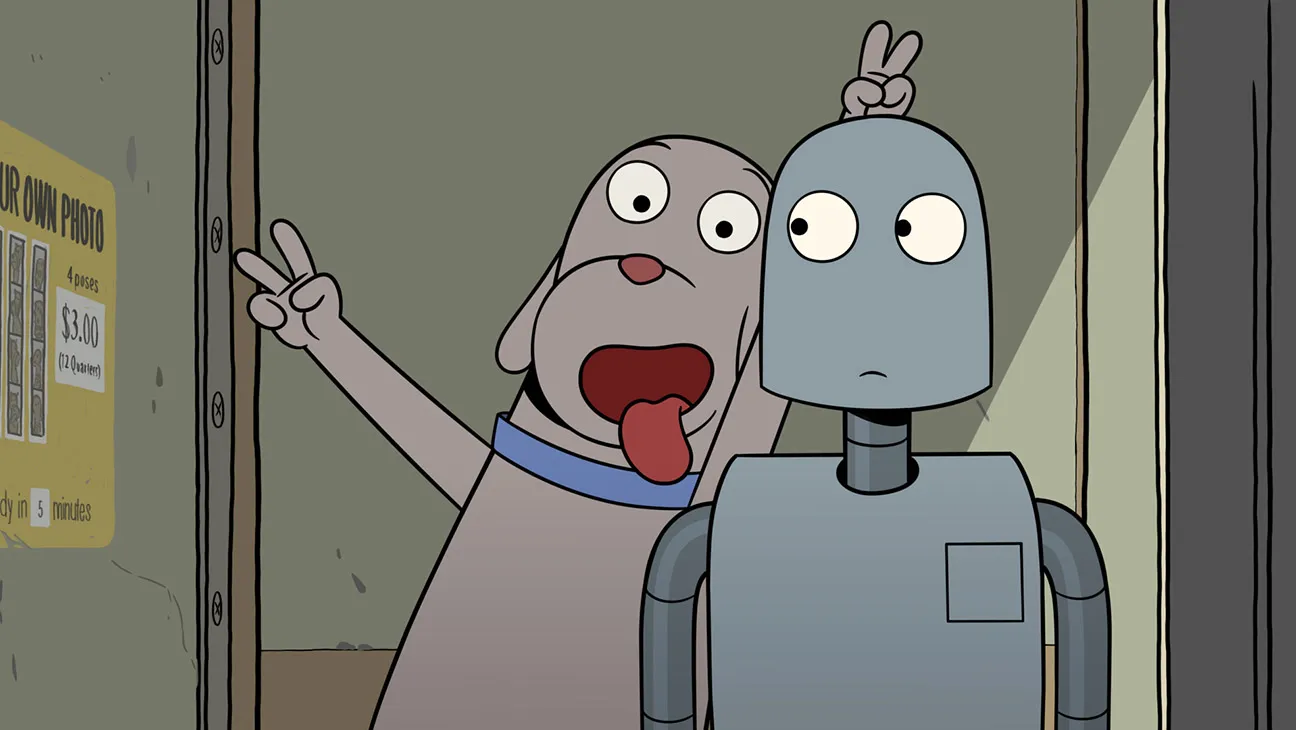Red Herrings and Refusals
by Richard Schickel
If one is determined to find a super natural explanation for the strange goings-on in the old, grand, snowbound hotel in the Rockies, it is just barely possible to do so. But Stanley Kubrick really does not care. His adaptation of The Shining, Stephen King’s pulpy haunted-house novel, keeps forcing reasonable — or non-occult — interpretations on the behavior, variously bonkers and bloody, that his camera records with its customary elegance. Whether his stylistic mastery and rigorous intelligence will carry this film to commercial success with the bedrock audience for horror — a young crowd that likes its metaphysics murky and its menaces crude — is problematical. But it is impossible not to admire Kubrick for flouting conventional expectations of his horror film just as he did those of the sci-fi tale in 2001.
The situation is classic. Reasons for juxtaposing the ordinary with the ominous must be found. A scheme for keeping the two sequestered until they have worked out their destiny must be set forth. The everyday element is represented by the Torrance family. Dad (Jack Nicholson) is a writer who claims that he is looking for a quiet place to work; Mom (Shelley Duvall) has no apparent interests other than her family’s welfare. Their son (Danny Lloyd) has an angelic face and a sweet spirit. The dreadful is ostensibly represented by the hotel they are hired to watch over when it is closed for the winter. Its vastness is emphasized by its emptiness. It does not so much shelter the family group as threaten to swallow them up, especially after snow cuts them off from the world. The place has the requisite haunted history. Years ago, another caretaker murdered his wife and daughters and then killed himself there.
From the start Kubrick hints at reversals to come. There is something false in Nicholson’s bonhomie as he applies for the job. Shortly thereafter a history of drifting and alcoholism is casually alluded to. This man may not be the usual horror-story victim of the inexplicable. Quite the opposite; one begins to wonder if he might not turn out to be the source of the story’s evil instead of its plaything. Then, too, his son’s gifts for precognition and telepathy, also quickly established, do not seem to be evidence of demonic possession of the sort that The Exorcist and The Omen have conditioned audiences to expect from pretty children who act strangely.
Rather, one comes to realize that these are defense mechanisms developed by a mind desperately reaching for weapons against the father’s erratic behavior.
Once the Torrances are settled in, Kubrick refuses to characterize the hotel as a conventionally haunted house. Its corridors are brightly lit, nothing goes bump in the night. Even the strange visions, when they begin to appear, are not necessarily to be seen as spooky apparitions, but as the hallucinations of a mind — Nicholson’s — allowing itself to be drawn toward the violent conclusion the child has foreseen.
This is a movie of false clues and red herrings. It is a measure of Kubrick’s artistry that he states his only supernatural theme, that of reincarnation, so lightly that it could be missed entirely. One has to connect the enigmatic scene involving a nude woman in Room 237 with the film’s last image, of a photograph taken in 1921, in order to apprehend it. That, too, could be a false clue, since everything Nicholson does can be attributed to psychosis, to a weakened mind placed under intolerable pressure by isolation.
It is a daring thing the director has done, this bleaching out of all the cheap thrills, this dashing of all the hopes one brings to what is, after all, advertised as “a masterpiece of modern horror.” Certainly he has asked much of Nicholson, who must sustain attention in a hugely unsympathetic role, and who responds with a brilliantly crazed performance.
It may be that this is a canonical work, something that only those who find Stanley Kubrick to be one of the world’s great living film artists will respond to. By taking a book by an author who is at the center of the craze for the supernatural, and turning it into a refusal of and subtle comment on that loopy cultural phenomenon, Kubrick has made a movie that will have to be reckoned with on the highest level.
Time, Monday, June 02, 1980




